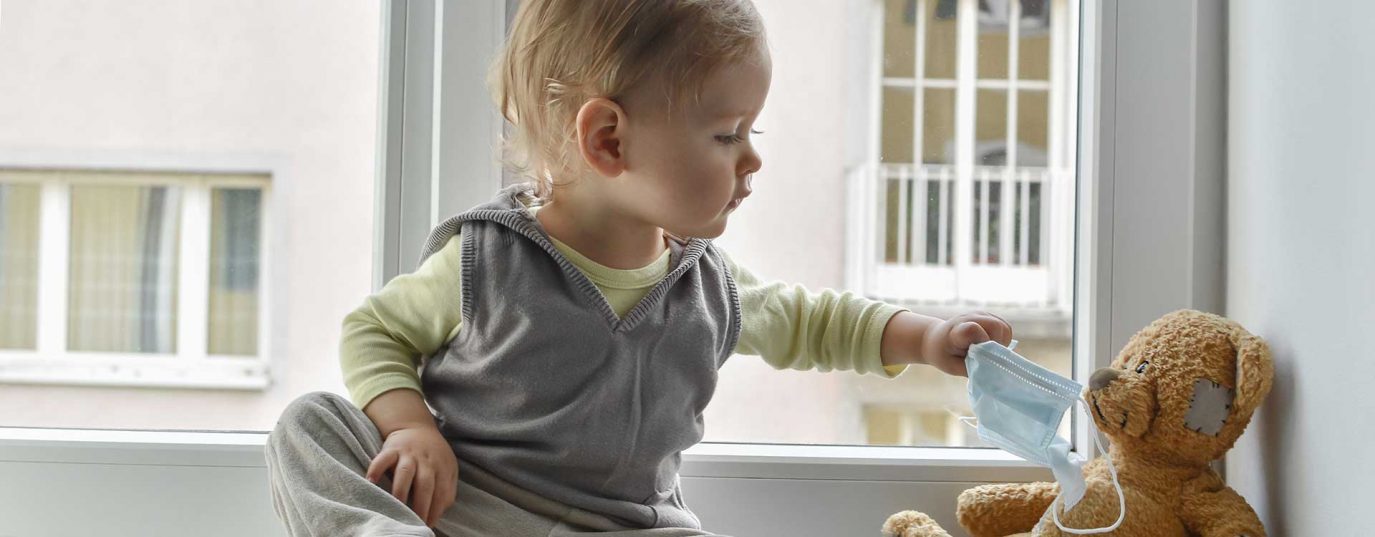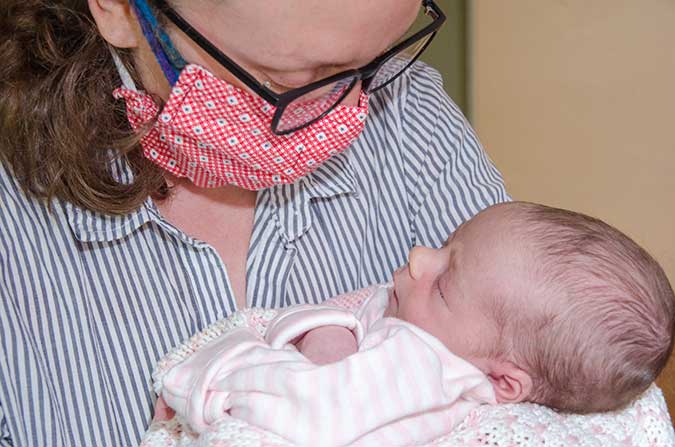Early life experiences are pivotal for a child’s development
A child’s first 1,000 days are widely considered to be the most important period for growth and development. The body and brain grow more quickly during this time than any other, and we know that early life experiences lay the foundations for health and wellbeing for the rest of a person’s life.
During the first few years of life, babies’ brains are wired in response to their experiences as they form connections between their senses and begin to understand emotions. Everyday learning, interactions and relationships are fundamental to shaping these processes and establishing how babies will continue to learn and interact with others as they grow up.
Physical health is also significantly influenced by early life factors. Good nutrition, including breastfeeding and healthy early diet, is linked to a range of health outcomes later in life and may reduce risk of diabetes and obesity.
COVID-19 restrictions have made the transition to parenthood more difficult
Restrictions on social interaction during the COVID-19 pandemic have left many parents worried about the effect on their children’s budding social skills. I was certainly concerned about how my son would cope with starting nursery at 10 months when nobody but my husband or I had ever taken care of him.
Of real concern is the dramatic increase in postpartum depression. During the first lockdown in the UK, rates more than doubled, to 47.5% of all new mothers experiencing it. This is perhaps not surprising, as depression and other mental health crises increased across the general population during the pandemic. Postpartum depression is damaging to physical and mental wellbeing, can harm the mother–child relationship and can impact the child’s health and development.






